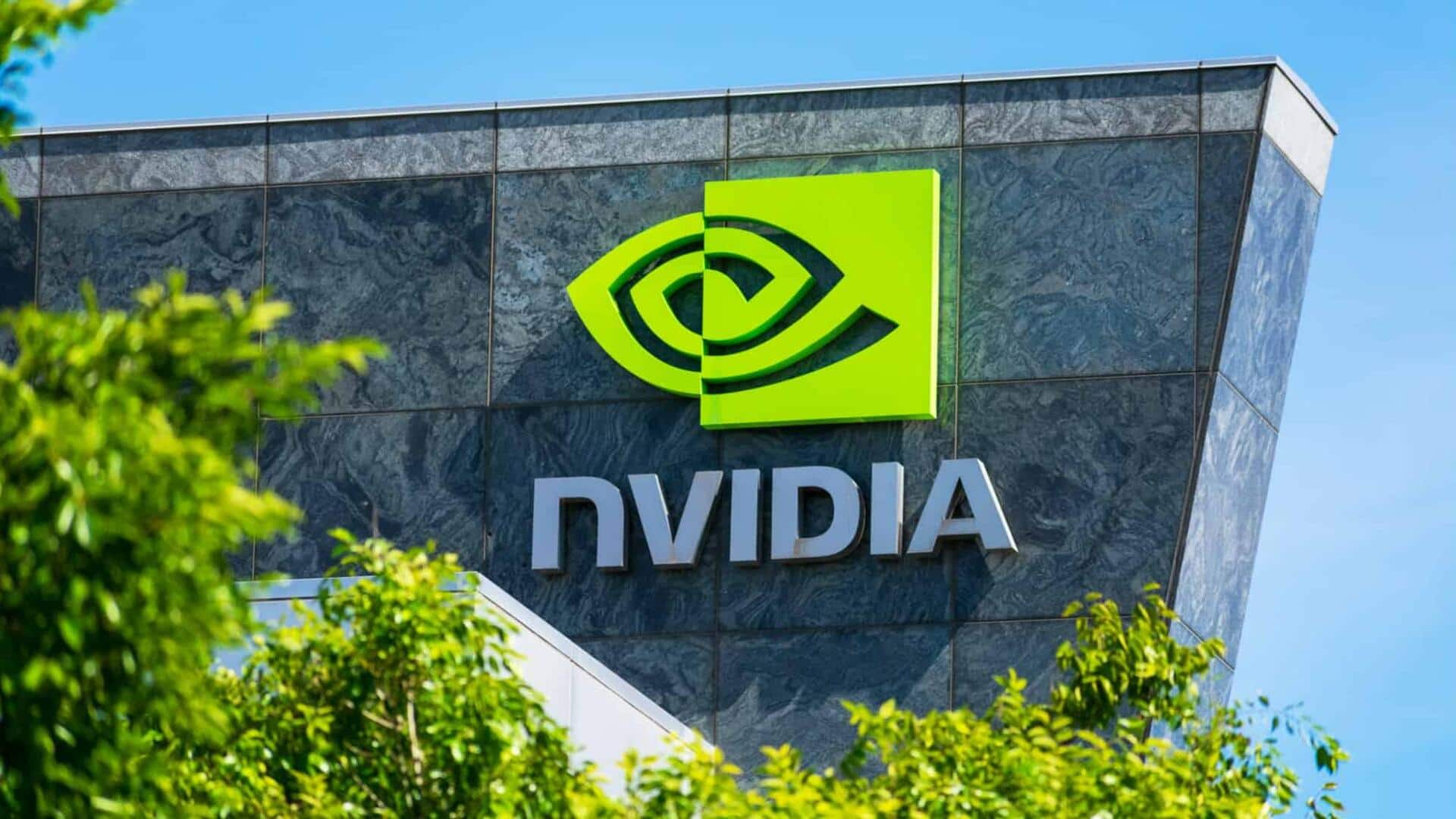
US chokes China's chipmaking future while giving American companies lifeline
What's the story
The Biden administration released new rules to limit China's access to US artificial intelligence (AI) chips. However, it has also offered a lifeline to companies like NVIDIA, Intel, and Advanced Micro Devices (AMD) in the Chinese market. The US Bureau of Industry and Security (BIS) is seeking input from the semiconductor industry, on how to export AI chips for small and medium-sized systems in China, without enabling the creation of supercomputers for military use.
Details
Threading the needle on AI chip exports
Thomas Krueger, a former US National Security Council export control official, explained that the new rules aim to prevent Chinese military systems from exploiting American AI chips. The BIS has asked for ideas on a "tamperproof" method that would stop systems with up to 256 AI chips from being combined into a supercomputer. This approach is designed to allow small or medium-scale AI training capabilities while limiting the growth of large dual-use AI foundation models.
What Next?
Hindering Chinese competitors
These new regulations also pose challenges for Chinese competitors of NVIDIA, Intel, and AMD. Start-ups Moore Threads and Biren, both founded by NVIDIA veterans, will face significant obstacles in manufacturing their designs using advanced chipmaking technology due to these new rules. As a result, whatever NVIDIA can legally sell in China will likely be the top choice for Chinese buyers.
Insights
Restricting export of chipmaking equipment
The new rules also target China's chip makers by restricting the export of equipment called immersion deep ultraviolet (DUV) lithography machines if they contain US components. These machines are not manufactured by US toolmakers but are made by Japan's Nikon and the Netherlands' ASML. The restrictions aim to limit China's ability to expand advanced node semiconductor manufacturing for years. The new rules will be effective 30 days from now.